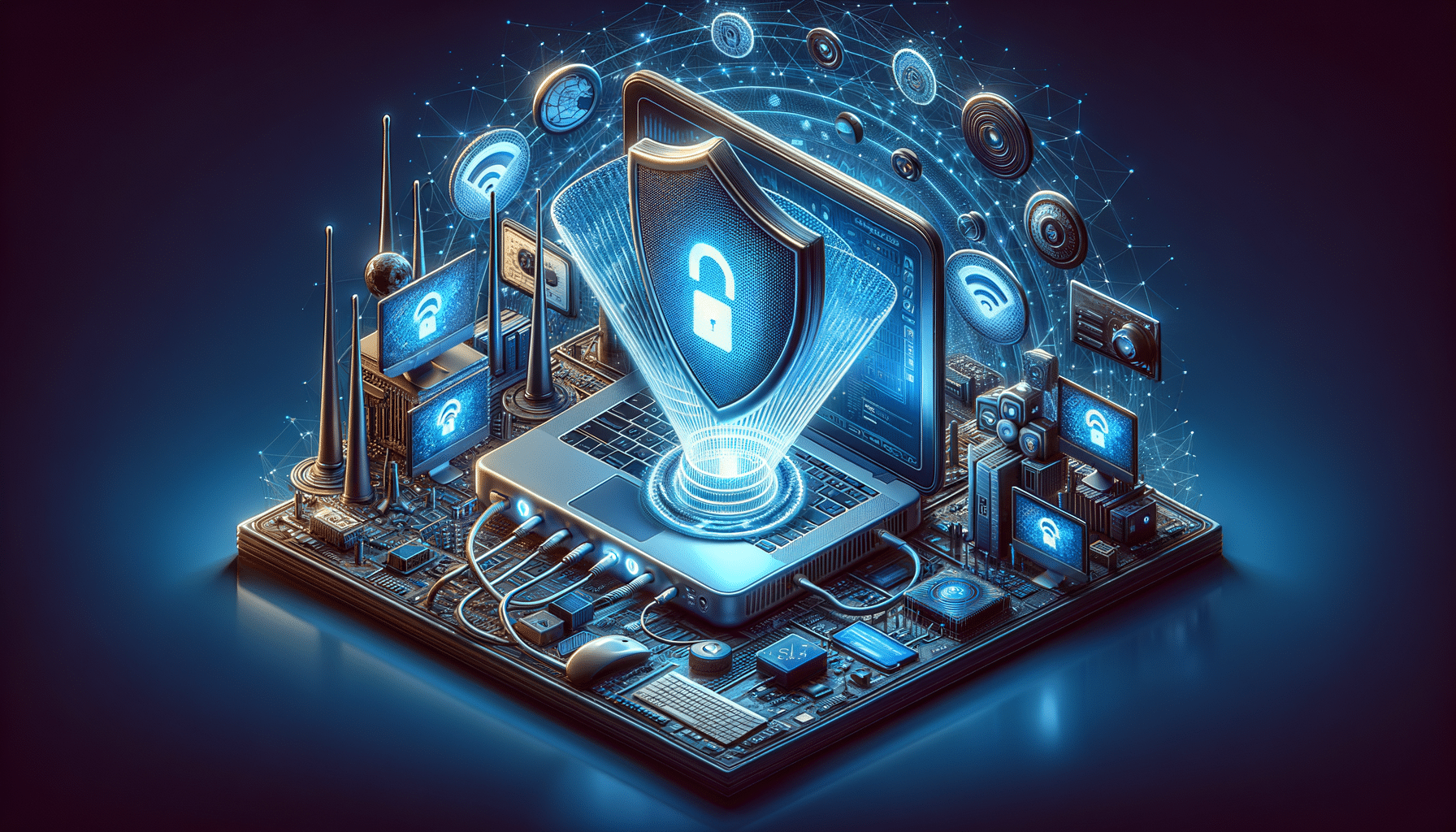
Why Some Users Turn to VPNs for Online Privacy
Introduction to VPNs and Their Importance
In today’s digital age, safeguarding personal information has become a priority for many internet users. With increasing concerns over digital footprints, VPNs, or Virtual Private Networks, have emerged as a popular tool for enhancing online privacy. A VPN creates a secure tunnel between the user and the internet, encrypting data and masking the user’s IP address. This not only protects sensitive information from cyber threats but also allows users to browse the internet anonymously. As more individuals become aware of data privacy issues, the demand for VPNs continues to grow, making them a significant consideration for those looking to manage their online visibility.
How VPNs Enhance Online Security
One of the primary reasons users turn to VPNs is to enhance their online security. By encrypting internet traffic, VPNs protect users from a range of cyber threats, including hacking and data interception. This encryption ensures that even if data is intercepted, it remains unreadable to unauthorized parties. Additionally, VPNs help users avoid tracking by websites and advertisers, who often use IP addresses to gather information about browsing habits. This aspect of VPNs is particularly appealing to those concerned about privacy and the unauthorized sharing of personal data.
Moreover, VPNs provide an extra layer of security when using public Wi-Fi networks, which are notorious for being insecure. By routing traffic through a secure server, VPNs shield users from potential eavesdroppers and cybercriminals lurking on these networks. This makes VPNs an invaluable tool for those who frequently use public Wi-Fi, such as travelers and remote workers.
Accessing Geo-Restricted Content
Another popular use case for VPNs is accessing geo-restricted content. Many streaming services, websites, and online platforms restrict access to their content based on the user’s location. By using a VPN, users can bypass these restrictions by masking their IP address and appearing as though they are accessing the internet from a different location. This feature is particularly beneficial for expatriates and international travelers who wish to access content from their home country.
In addition to streaming services, VPNs can also help users access websites and services that may be blocked in certain regions due to government censorship. This ability to circumvent regional restrictions makes VPNs a valuable tool for those living in or traveling to countries with strict internet regulations.
VPNs and Data Privacy Concerns
Data privacy is a significant concern for many internet users, and VPNs offer a solution to mitigate these worries. By encrypting internet traffic and masking IP addresses, VPNs help protect users from unauthorized data collection and surveillance. This is particularly important in an era where data breaches and cyber-attacks are increasingly common.
Furthermore, VPNs offer users control over their digital footprint, allowing them to browse the internet without leaving traces of their online activities. This aspect of VPNs is appealing to privacy-conscious individuals who wish to keep their browsing habits private and secure from prying eyes.
Despite their benefits, it is essential for users to choose a reputable VPN provider that does not log user activity. Some VPNs may keep logs of user data, which could potentially be accessed by third parties. Therefore, researching and selecting a trustworthy VPN provider is crucial for ensuring data privacy.
Choosing the Right VPN for Your Needs
With a plethora of VPN options available, selecting the right one can be a daunting task. Users should consider several factors when choosing a VPN, including security features, server locations, speed, and ease of use. Security features such as strong encryption protocols and a no-logs policy are crucial for ensuring data privacy.
Additionally, users should look for VPNs with a wide range of server locations, as this can enhance the ability to access geo-restricted content. Speed is another critical factor, as some VPNs may slow down internet connections, affecting streaming and browsing experiences.
Lastly, ease of use is essential, particularly for those who are not tech-savvy. A user-friendly interface and reliable customer support can make a significant difference in the overall VPN experience. By considering these factors, users can select a VPN that best meets their needs and enhances their online privacy and security.


